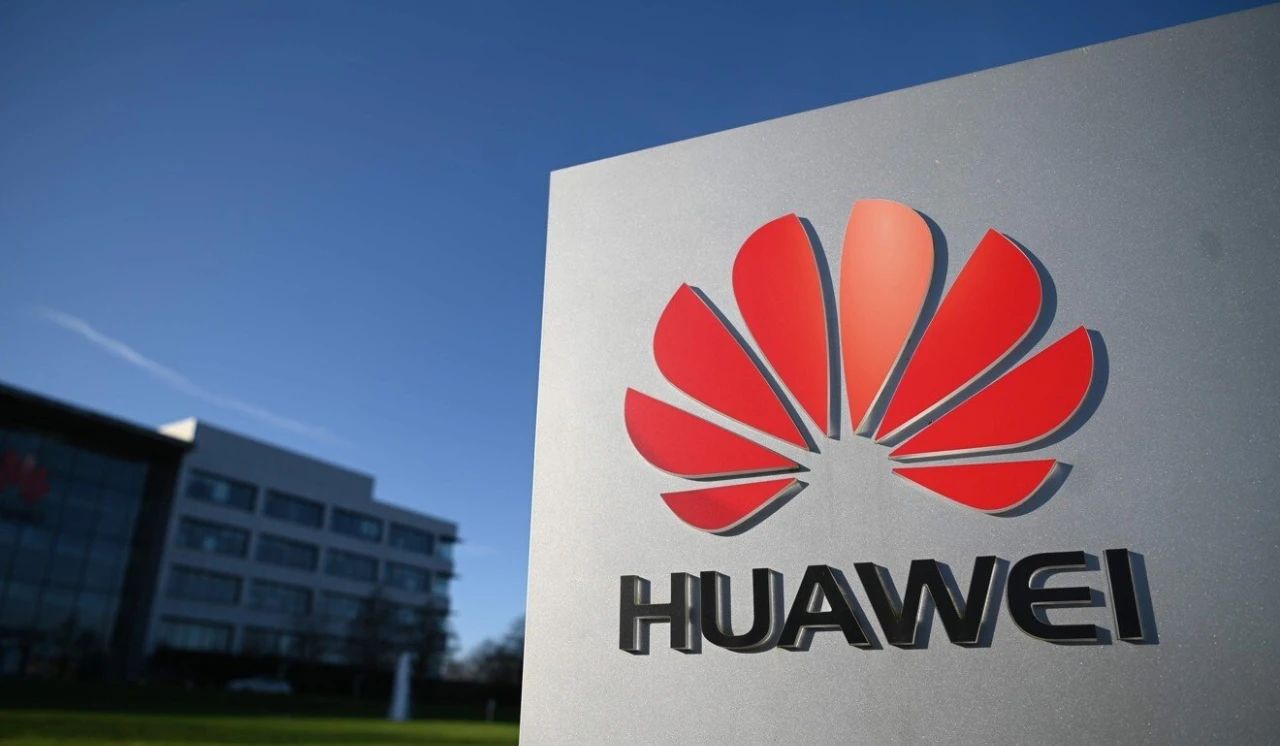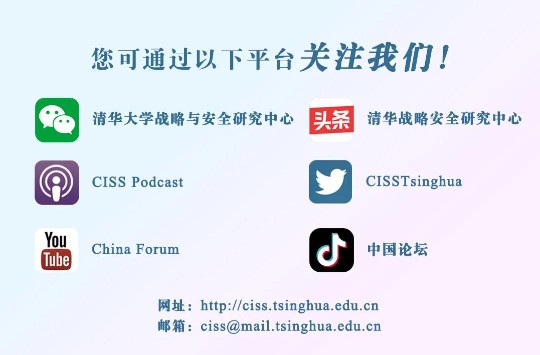7月14日,英国政府决定,自2020年12月31日起,停止购买华为5G设备;到2027年底前,拆除英国5G网络中使用的所有华为设备,并继续禁止华为参与英国5G网络的核心网建设。
在英国政府做出上述决定前后,西方一些人士和媒体对此提出警告和批评,或表明不同立场。中国论坛将相关观点摘录,供读者参考。

换掉华为设备将使英国增加数十亿英镑开销,弃用华为将使英国失去5G领先地位。
It would cost Vodafone on the lower end of “single-figure billions” to swap out its thousands of Huawei base stations and antennas across the country, according to Andrea Dona,Vodafone’s head of UK networks, speaking to the British Parliament’s Science and Technology Committee on Thursday.
(July 9,2020, Thomas Seal, Bloomberg, BT, Vodafone need 5 years to replace Huawei without ‘blackouts’)
Scott Petty, chief technology officer of Vodafone UK, told the Financial Times: “The UK’s leadership in 5G will be lost if mobile operators are forced to spend time and money replacing existing equipment.”
Mr Petty said that, rather than stripping out Huawei equipment, “efforts should instead be focused on expanding 5G coverage,developing 5G capabilities for UK industry, and investing in the next stage of this important technology”.
(June 10, 2020, Nic Fildes, Financial Times,Vodafone warns ripping out Huawei would cost UK lead in 5G)
关于华为的决定并非基于真正的安全忧虑,更大程度上是美国保护主义和美中关系紧张导致的结果。华为的5G技术领先于其他供应商,英国必须采用最先进的技术以确保经济复苏。
It is frustrating that this issue has become more about US protectionism and diplomatic tensions between the US and China thanany genuine UK concern about security.
The reality is that Huawei is significantly ahead of other providers in producing some of the most advanced 5G technology available, for an accessible rate. As we enter a new digital age, the UK must embrace the most advanced technology on offer, and ensure our economy has the best chance of recovering quickly from the impact of Covid-19.
This means pushing ahead swiftly to build the infrastructure that will supercharge the economic bounce back. 5G has rightly been touted as agame changer for connectivity and the possibilities of what can be achieved,and this decision sets us back in our progress and stifles innovation.
I strongly believe that the removal of Huawei fromour networks will be hugely detrimental to the UK.
(July 22, 2020, David Richards, co-founder and chief executive of WAN disco, City A.M. DEBATE: Will the ban on Huawei technology benefit the UK in the long run?)
除安全和外交考量外还须重视经济考量,中国是世界第二大经济体、全球经济增长的最强引擎和英国工作岗位的重要提供方,英国同中国“自我隔离”得不偿失。
Rightly, British business takes its lead from government when it comes to matters of national security. Companies also understand wider political concerns about China’s actions. But alongside asecurity and diplomatic strategy for China, there also needs to be a thoughtful economic strategy.
The reason: future British jobs and prosperity.This is not the only goal for a nation, but it is an important one,particularly as we face tens of thousands of job losses in the wake of the pandemic. China is the second largest world economy, the strongest motor of global growth, and a significant contributor to British jobs.
A recent survey by the China-Britain Business Council found links with China in trade, tourism and higher education support up to 150,000 UK jobs, with many based outside London. UK exports to China,which have increased six-fold in the past 14 years, stand to grow further asthe 400m people who make up China’s middle class buy more of what the UK is good at, from creative services to luxury goods. Chinese students enrolled in English schools and universities have also increased 46 per centsince 2014-15. They now outnumber students from all EU countries combined. Andas China accounts for 20 per cent of global spending on research and development, the country’s growing intellectual capital cannot be ignored.
So this is no time for the UK to self-isolate from China. What is needed instead is a set of guiding principles for trade with China, to help businesses and policymakers weigh the interests of UK citizensin the round. Business should be clear about its role in the debate — to bring evidence, so governments can evaluate difficult trade-offs. If Chinese suppliers such as Huawei are to be restricted on security grounds, it is vitalto be clear on the costs and have an agreed plan B.
(July 21,2020,Carolyn Fairbairn, Financial Times, The UK cannot afford to self-isolate from China)
弃用华为将会影响英国未来和中国的经贸合作,甚至可能滑向不必要的贸易战。
Yet the main cost may not be in present pain butin future benefits forgone. A falling-out with China would scotch new initiatives designed to give Britain a competitive advantage over its Europeanpeers. The spat may kill the tie-up between the London and Shanghai stock exchanges and hinder emerging fields, such as the issuing of green bonds in London by Chinese firms. Few mps would notice that. But many fret that the lost advantages are stacking up. “We’ve had covid, we’re doing Brexit—do we need topick a fight with China?” asks a former cabinet minister of the “golden era”.That will soon become clear.
(July 11,2020, The Economist, A ban on Huawei further worsens Britain’s relations with China)
He sees it as trashing apolicy that has delivered significant economic gains, tripling Britain’sexports to China in the decade to 2018, and securing twice as much Chinese investment as the next European recipient. “If you think about Britain’seconomic future, you have to think which parts of the world are going to berelevant. If we are too influenced by the US — especially given American competition with China — it doesn’t make sense,” Lord O’Neill says.
All of which has raised worries among pro-engagement voices that Britain is being dragged needlesslyinto a conflict with Beijing. “We’re drifting into a trade war, while dressingit up as a security issue,” says Lord O’Neill.
(July 13, 2020, Jonathan Ford and Laura Hughes, Financial Times, UK-China relations: from ‘goldenera’ to the deep freeze)
法国财长:不会禁止华为在法国投资5G建设。
French Finance Minister Bruno Le Maire said on Tuesday that France would not ban China’s Huawei from investing in the country, in contrastto Britain which has decided to purge the firm’s equipment from its 5G network by 2027.Le Maire told France Info radio there was “no blanket ban” on Huawei in France, but that sensitive locations would be protected.
“We won’t ban Huawei from investing in 5G, we will protect our national security interests,” Le Maire said, adding that he had reaffirmed France’s position to Chinese authorities on Monday.
(July 21, Sudip Kar-Gupta and Leigh Thomas, Reuters, Huawei will not be prevented from investing in France: Le Maire)
比利时电信部长:比利时不会将华为拒之门外。
The American sanctions were dealt to Huawei as part of the ongoing trade war between China and the US, in which Huawei is seen to be untrustworthy and suspected of collecting information for the Chinese government. These claims currently remain unsubstantiated.
Following a risk analysis, Minister De Backerdecided that Belgium will not be revising its telecom policies.
“There is no reason to be more strict,” De Backertold De Standaard. “The risk analysis showed that we are safe.”
The US is putting considerable pressure on Belgium and other European countries to ban Huawei. Belgian operators have indicated that they hope that the governmentwill not reconsider and become more strict in the future, as they have been working with Huawei technology for an extended period of time.
(July 14,2020, AméeZoutberg, The Brussels Times, Belgium will not join UK in banning Huaweifrom its telecom networks)
德国信息安全机构ERNW报告显示,华为设备安全可靠,符合国际安全标准。
ERNW, an independent IT security service providerin Germany, recently conducted a technical review of the source code for Huawei's unified distributed gateway (UDG) on 5G core networks. ERNW senior auditors reviewed the source code by using leading tools and methods as well asthe industry's best practices, and released a review report. The report showed that the source code quality is a good indicator that Huawei has established amature and appropriate software engineering process for UDG. This is a convincing proof that Huawei 5G core networks are secure and reliable.
(May 14, 2020, Subha Bhargavi, Channel Post, ERNW conducts a technical review of Huawei’s UDG on 5G core networks)

